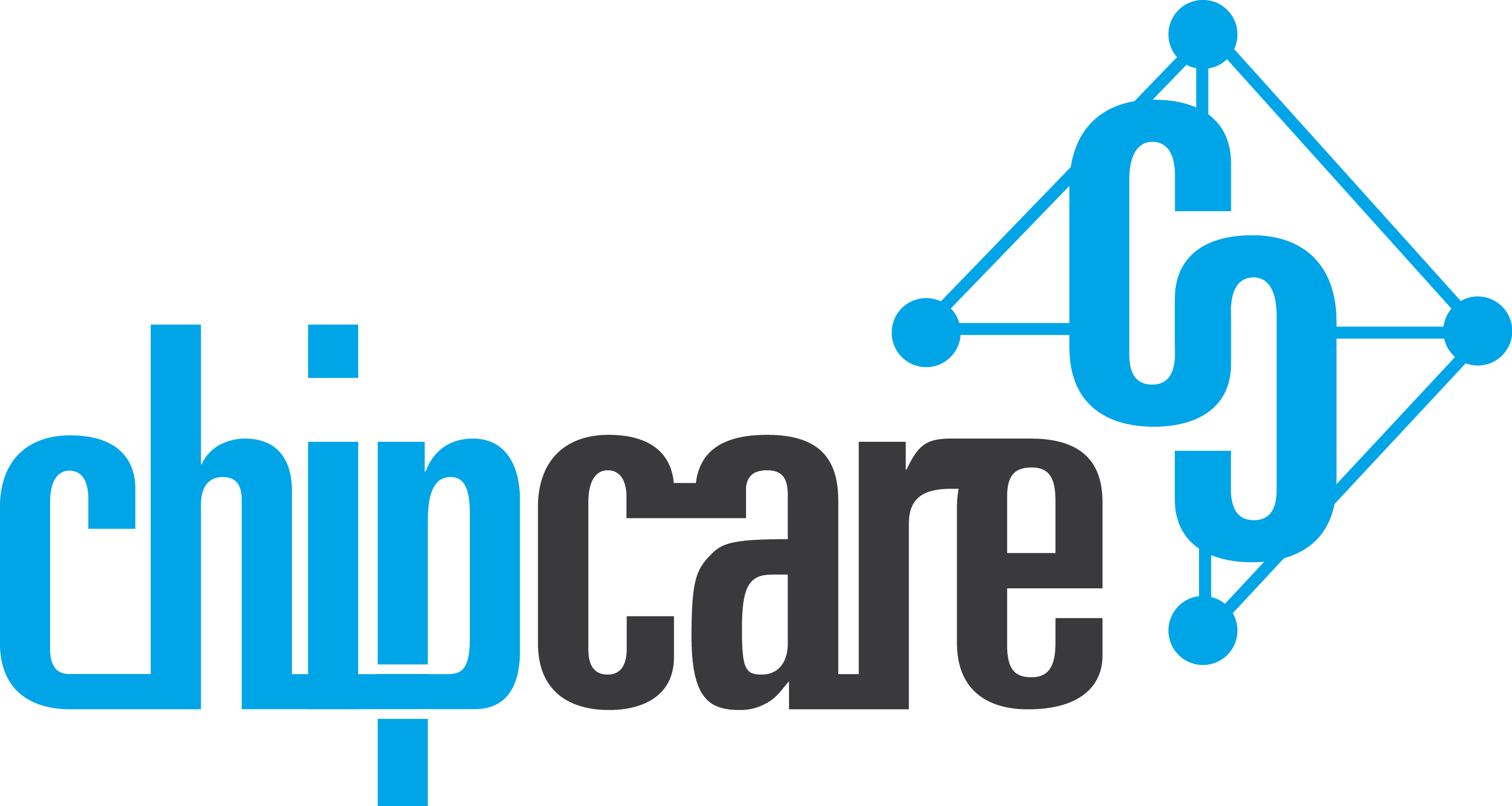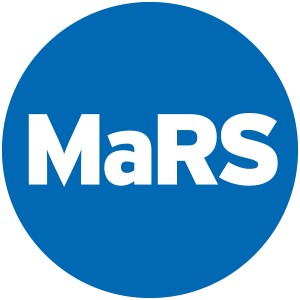WaveCheck raises over $41,000 for breast cancer treatment monitoring in three weeks
 Over 340 people worldwide have joined WaveCheck‘s Indiegogo crowdfunding campaign to fund a breakthrough clinical technique for breast cancer that promises to revolutionize the way chemotherapy is monitored.
Over 340 people worldwide have joined WaveCheck‘s Indiegogo crowdfunding campaign to fund a breakthrough clinical technique for breast cancer that promises to revolutionize the way chemotherapy is monitored.
“Breast Cancer Awareness Month’s positivity makes it easy to overlook the fact that 60 to 70 per cent of chemotherapy treatments fail,” says Dr. Gregory Czarnota, chief of Radiation Oncology at Sunnybrook Health Sciences Centre and co-inventor of WaveCheck with Professor Michael C. Kolios of Ryerson University. “WaveCheck’s technology can tell people with breast cancer and their doctors if a particular chemotherapy is working in as little as four weeks.”
WaveCheck’s campaign made the Top 10 list for the most financially successful Canadian crowdfunding campaigns on both Kickstarter and Indiegogo in Globe and Mail’s Report on Small Business. CTV News Channel, CBC Toronto News (see the above clip), CBC Radio Canada and Canadian Healthcare Technology have also covered the project, along with Oshawa Today (radio), The Ryersonian and The Eyeopener.







